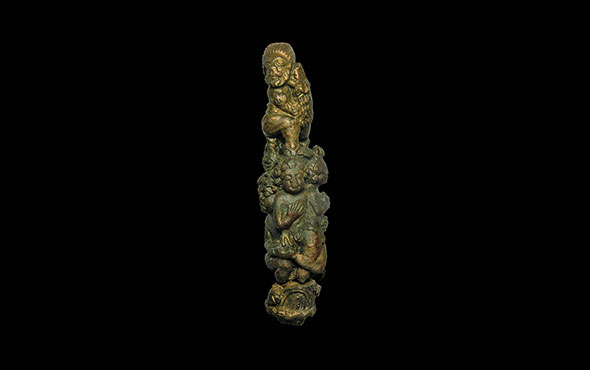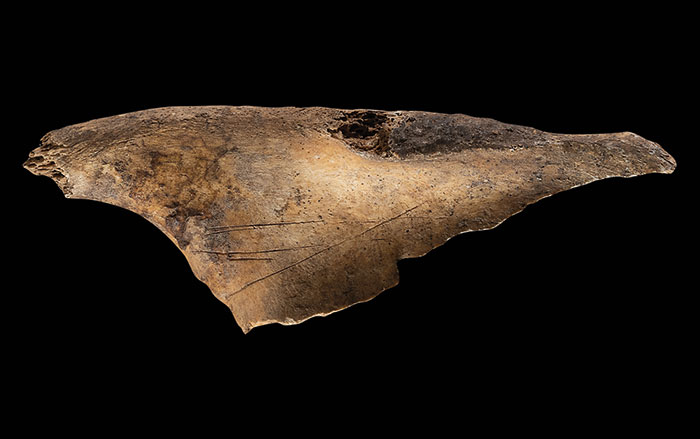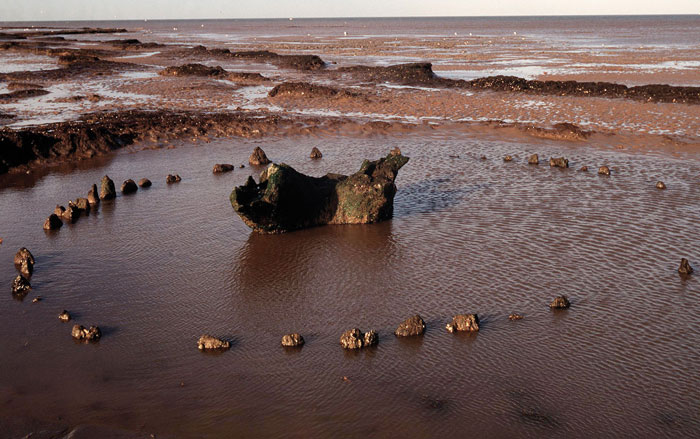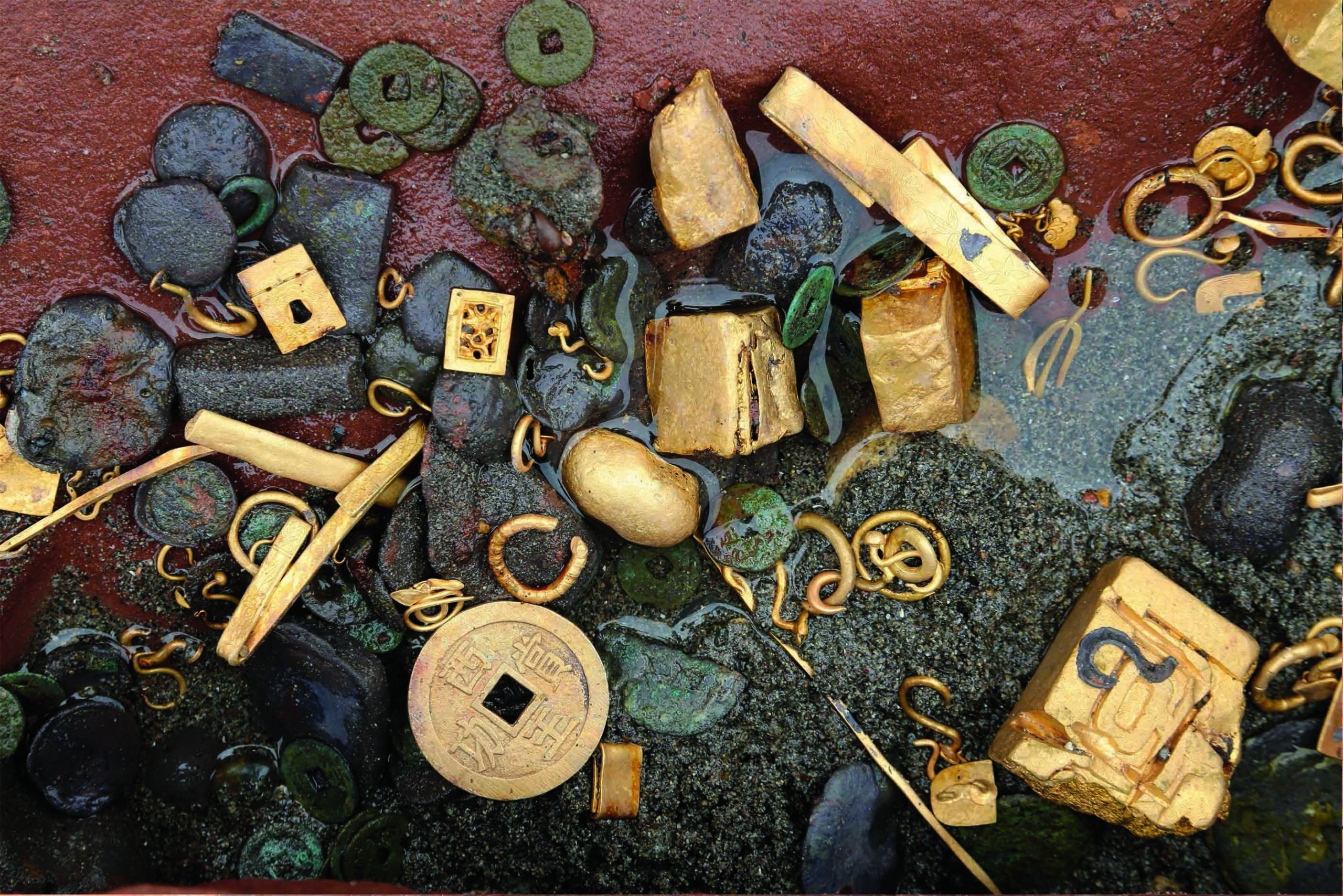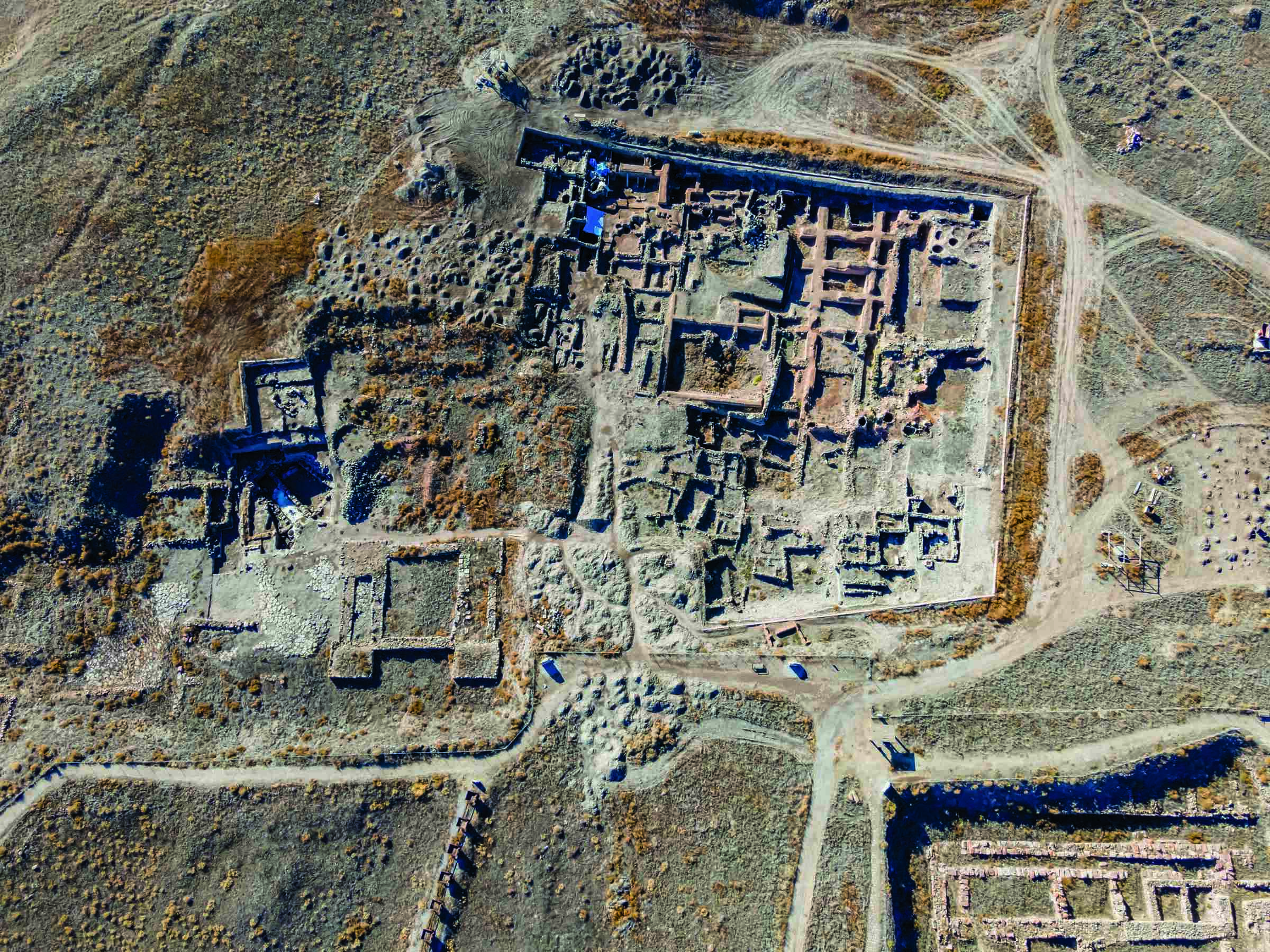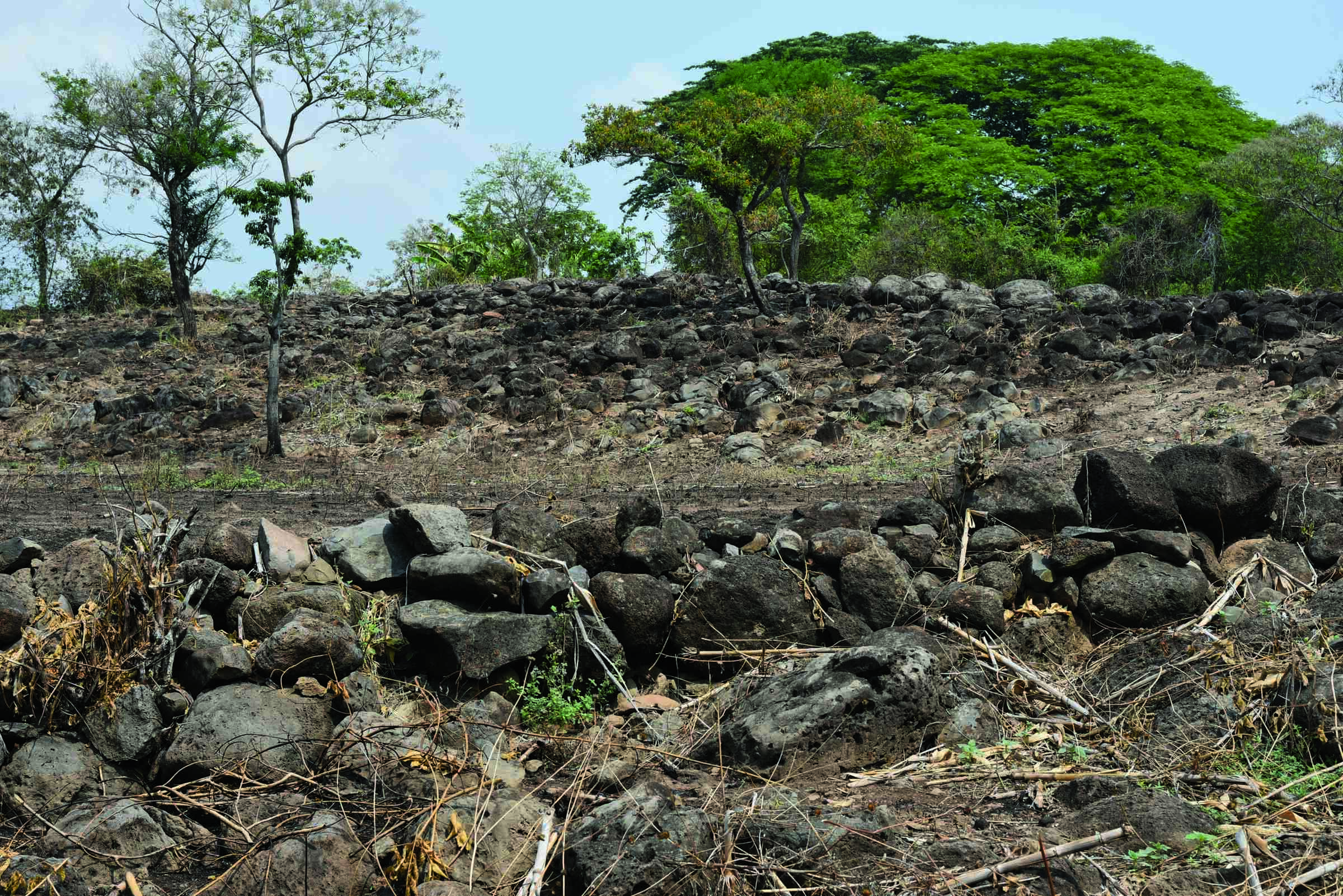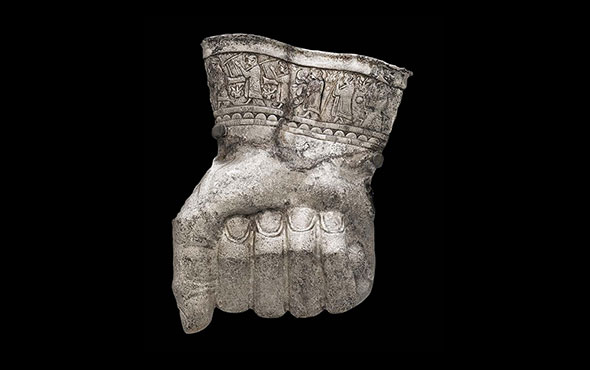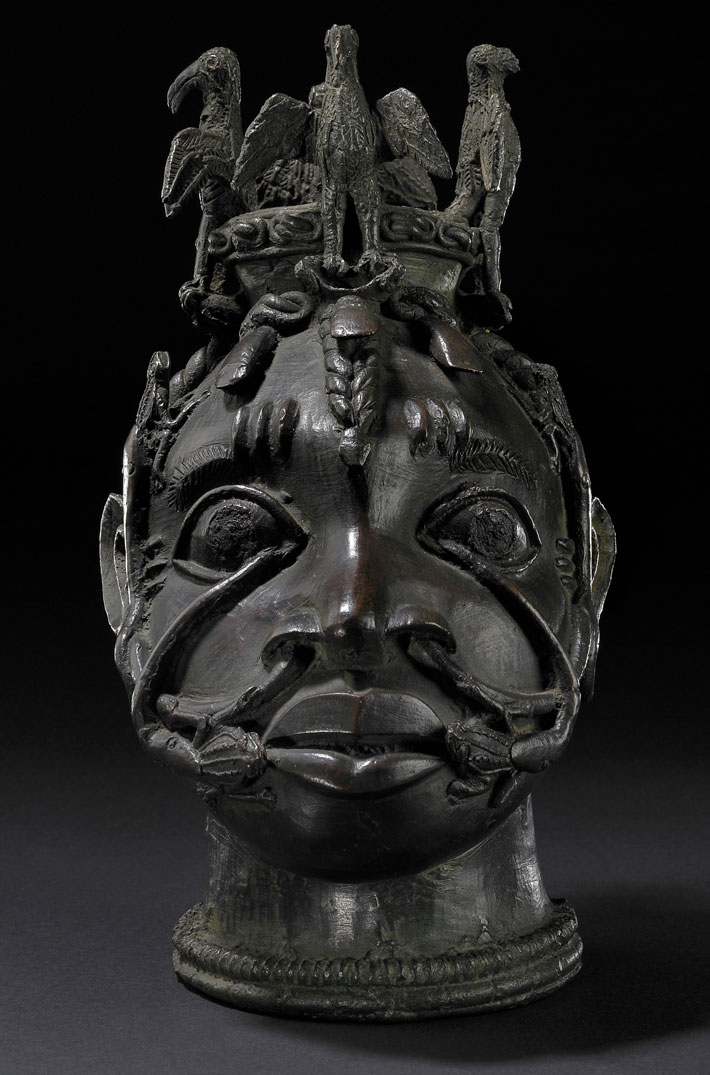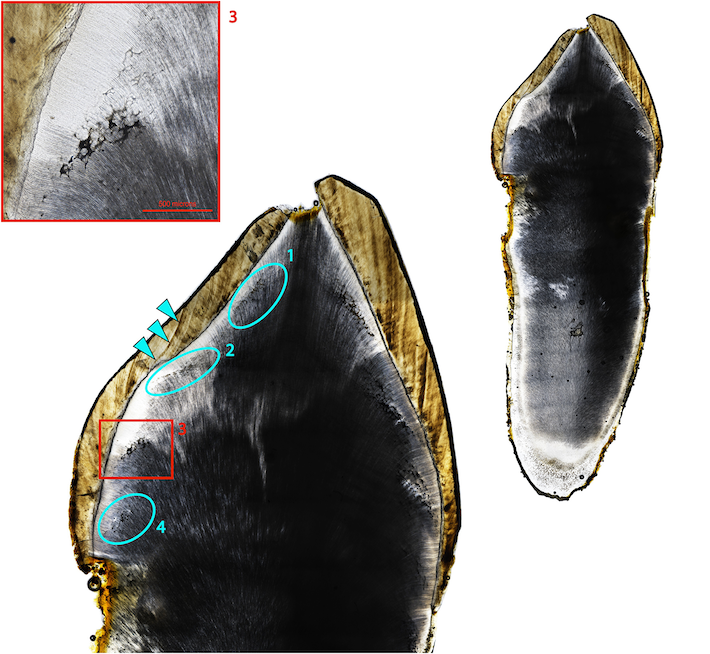
DURHAM, ENGLAND—According to a statement released by Durham University, an examination of the teeth of children who were buried in a Quaker cemetery in northeastern England in the eighteenth and nineteenth centuries has detected evidence of vitamin D deficiency. Vitamin D can be consumed in foods such as fish and eggs, and produced by the body through exposure to sunlight. A lack of vitamin D can cause rickets, a condition characterized by weak bones that can cause pain, poor growth, bowing deformities, and fractures. Anne Marie E. Snoddy of the University of Otago, Heidi Shaw of Durham University, and their colleagues found that three quarters of the 25 children examined suffered from lack of vitamin D. The researchers determined that the condition was worse in the winter months, when there are fewer hours of sunlight. The study also suggests that boys were more likely to experience a vitamin D deficiency, perhaps because of as-yet-undetermined work practices. Read the original scholarly article about this research in PLOS ONE. For more on how the Industrial Revolution affected health in nineteenth-century England, go to "Haunt of the Resurrection Men."


